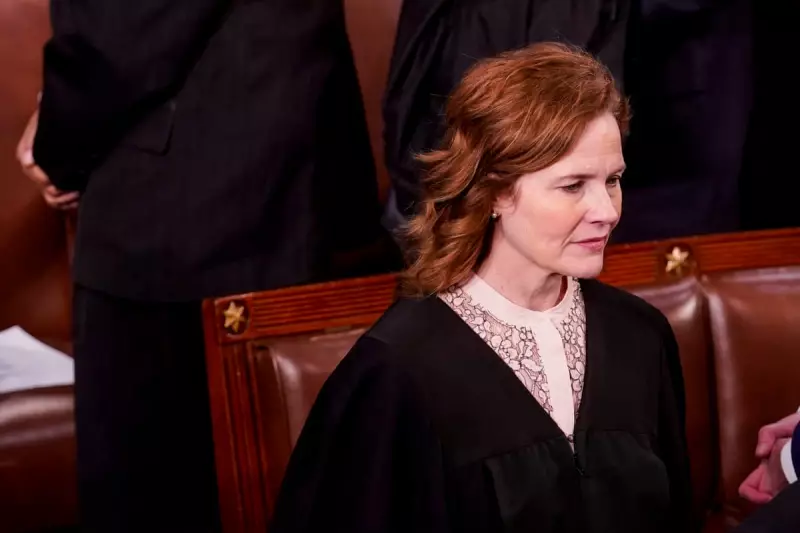
In a startling disclosure from her forthcoming memoir, Supreme Court Justice Amy Coney Barrett has pulled back the curtain on the seismic deliberations that led to the overturning of Roe v. Wade, offering an unprecedented glimpse into one of America's most contentious legal battles.
The Decisive Shift in American Jurisprudence
Barrett's account, obtained by The Guardian, details the intense internal dynamics among the court's conservative majority that ultimately dismantled five decades of federal abortion protections. The justice portrays the landmark Dobbs v. Jackson Women's Health Organization decision not merely as a legal correction, but as a constitutional necessity.
Personal Conviction Meets Constitutional Interpretation
The memoir reveals how Barrett's personal beliefs as a conservative Catholic intertwined with her originalist interpretation of the Constitution. She argues passionately that the 1973 Roe decision constituted "judicial overreach" that improperly created rights not explicitly found in the constitutional text.
"The Constitution is silent on abortion," Barrett writes, "and such silence should have been interpreted as leaving the matter to the democratic processes of the individual states."
Behind the Bench: The Human Element
What emerges most strikingly from Barrett's narrative is the profound human dimension of this polarizing case. She describes receiving unprecedented security protection amid escalating threats and acknowledges the weight of understanding how her vote would alter countless lives across the nation.
Yet the justice maintains an unwavering conviction that the court's role is not to consider political consequences or public opinion, but to adhere strictly to constitutional principles—however unpopular the outcome might be.
The Legacy and The Future
Barrett's memoir arrives as America continues to grapple with the Dobbs decision's aftermath. With over twenty states implementing new restrictions and countless legal challenges emerging, her account provides crucial context for understanding the judicial philosophy that reshaped American reproductive rights.
The publication promises to reignite debates about the proper role of the judiciary, the intersection of personal faith and public duty, and the future of other rights previously considered settled law.





